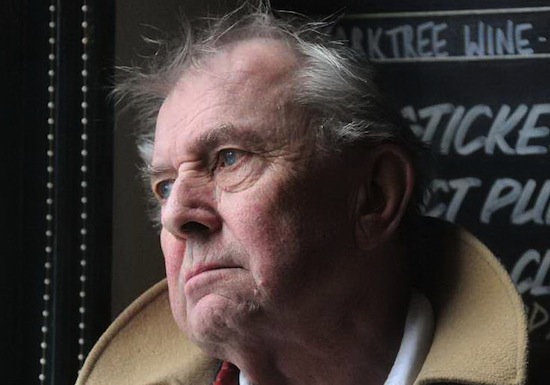It seems rude – or crassly opportunistic – to go down this particular route, but Ray Gosling should never have spent his final years as a skint outcast, scraping by in a small flat in sheltered accommodation in Nottingham, snubbed by Radio 4, teased and then cowardly shamed by the shameless Jon Ronson in a weak and gutless Guardian interview in 2010. Ray Gosling was not an enemy. Not when you compare his career to two of his until-recently-revered BBC peers throughout the 70s and 80s – Jimmy Savile and Stuart Hall. Look beyond his complex reasons for falsely claiming he smothered a former lover who was dying of AIDS, and Gosling was a true spirit; a British Beat writer every bit as bold and lucid as Jack Kerouac (read Sum Total, his autobiography, written at the age of 21, and republished by Pomona – a loyal friend to Gosling – in 2004), a fearlessly smart TV presenter, during the 60s and 70s, who concerned himself with ‘ordinary people’ and ‘ordinary issues’ before these phrases became a by-product of elitist TV made by people who don’t believe in people, who’d rather mock and take the piss. Gosling, on the other hand, believed in people. The opposite of the likes of Louis Theroux, he may have been a heavy drinker and he may also have been an obsessive hoarder, but we’re in grave danger of overlooking the true enemies when we reduce people to their perfectly ordinary flaws.
An acknowledged influence on John Peel (maybe because he spoke naturally and with enthusiasm and affection for his subjects), he was also a gay rights activist, but it’s his documentary trilogy later in life for BBC4 – Bankrupt, Pensioned Off and the award-winning Ray Gosling OAP – that should cement his reputation as a man in frequent possession of the gifts of grit and wit even with the wolves continuing to gather and multiply at his door.
“To lose it, you have to have it.” – The Gambler, Fyodor Dostoevsky.


